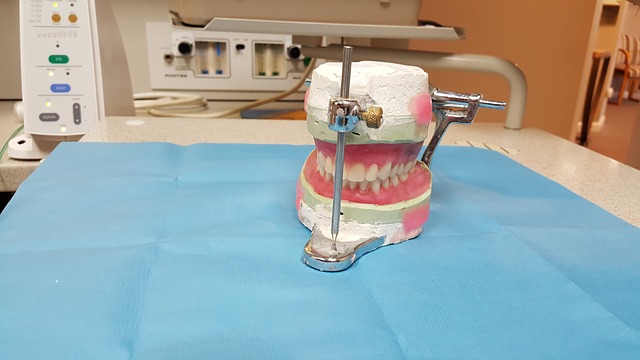Dentures are removable replacements for missing teeth and the surrounding gums. Missing teeth can negatively impact a person’s life for many reasons, particularly in terms of the social impact. More practically, eating without teeth can be really difficult because it makes chewing foods an extremely challenging job. Losing your teeth will lead to gaps in your smile, suppressing your confidence and self-esteem.
In addition to that, missing teeth can also affect your speech. In a situation like this, if you want to enhance the quality of your life and restore your confidence, then you should consider replacing your missing teeth with dentures. Continue reading to get all the valuable information you may need regarding dentures, its types, benefits and other important factors.
Overview
Dentures are commonly known as false teeth. This is a customised replacement for missing teeth. Users can easily take out their dentures from their mouth and put it back again. Modern dentures look more natural and feel more comfortable. However, it is important to remember that your dentures won’t feel like regular teeth. Nonetheless, they will help you to eat and speak normally.
Types
Dentures are generally categorised into two different types. These are as follows:
#1 Partial dentures
This is a natural-looking, removable dental appliance that restores the functionality and the form of the jaw. This type of dental appliance is made of metal and acrylic, which will give you the strength to chew food and speak normally. If you search carefully, then you will also find dentures that are made from acrylic only. Acrylic dentures might look more natural, but they are less durable. Dentists recommend partial dentures to their patients when some of their natural teeth remain at the right place.
If you are missing one or more teeth, then the bite pressures of your mouth might shift. Your other teeth might start moving to compensate for the gap in your bite. As a result, you might experience shrinking in soft tissues as well as in the supporting bones that are located near the missing teeth area. It can cause dental problems and also affect your appearance. In a situation like this, you should consider a partial denture appliance. This is because it will restore the underlying structure of your mouth.
#2 Complete dentures

Dentists suggest complete dentures when all or most of your teeth are missing. There are two types of complete dentures: immediate or conventional. Experts place immediate dentures inside their patients’ mouth right after their teeth extraction. The mould of the person’s mouth is taken BEFORE the teeth are extracted.
On the other hand, when it comes to a conventional denture appliance, dentists wait for around 8 to 12 weeks after removing the patient’s teeth. During this time period, the gum tissue is able to heal properly, before the dentist sets the denture appliance in place.
Benefits
There are several benefits that you will get if you opt for dentures to replace your missing teeth. Some of the most significant advantages among them are as follow:
- False teeth will restore the functionality of your mouth and boost your chewing power once again.
- It prevents premature aging and facial sagging. As a result, you will feel and look younger to your friends and family.
- Dentures also work well in preventing bone loss or degradation in the jawline
- Missing teeth can become a breeding ground for bacteria, simply because food can get caught or stuck, which can exacerbate gum diseases.
Denture care and cleaning

If you want to take good care of your partial or full dentures, then you have to keep it clean at all times. The following tips will help you with denture cleaning and care:
- Remove your dentures after eating and wash it carefully
- Wash your mouth after removing the dentures
- Brush your dentures at least twice a day
- Schedule regular dental check-ups
- Handle the dentures carefully
- Soak it overnight
If you have any problems with your dentures, be sure to get in contact with a qualified dentist today!

